By: Dr. W. Scott West, Chief Medical Officer, Nashville Neurocare Therapy
Many people experience both anxiety and major depressive disorder. Recent advancements in research have found that this particular comorbidity, also called “anxious depression,” can be treated with TMS Therapy. According to Keith J. Sullivan, President and CEO of Neuronetics Inc., “patients with anxious depression are more likely to be severely depressed and to have more thoughts of suicide” (EMPR). For those failing to find relief from their anxious depression with cognitive behavioral therapy and medication, TMS Therapy could now offer a new path to wellness.
TMS stands for Transcranial Magnetic Stimulation. Historically, it has been approved to treat major depressive disorder using magnetic-pulse technology to stimulate the brain. The neural pathways that regulate mood and behavior are often underactive in the brains of individuals who suffer from depression. TMS Therapy helps your brain build and strengthen the neural pathways, offering a drug-free and noninvasive treatment option with proven long-lasting symptom relief.
TMS Therapy is particularly effective because it does more than treat the symptoms of depression, anxiety, and anxious depression; it modifies your brain on a chemical and physical level, so your brain can regulate its own mood and behavior without the need for perpetual treatment or medication. In fact, if medication is not working for you, the American Psychiatric Association (APA) lists Transcranial Magnetic Stimulation (TMS) Therapy as an alternative treatment for depression.
With TMS’s remarkable success in treating depression, we are thrilled to see new research indicating that TMS Therapy may also be an effective treatment for anxiety disorders as well. This summer, the FDA cleared the use of NeuroStar®, a device through which TMS Therapy is administered, for the treatment of anxiety in adults with major depressive disorder.
This decision was informed by research from a study with “results show[ing] that among 664 patients with anxious depression, 65.5% achieved a clinically meaningful response which exceeded the overall study success criteria of at least 50% response rate” (EMPR). Nashville Neurocare’s office uses proven technology to administer our therapy, making us able to help those with anxious depression find relief from both their depression and anxiety with TMS Therapy.
Emerging studies also indicate TMS Therapy’s potential efficacy in treating other anxiety disorders. We know that “in anxiety, there is often increased nerve cell activity in the prefrontal cortex,” and two 2019 studies in particular (here and here) show that “TMS may reduce the activity in this region,” providing relief for those living with generalized anxiety disorder and post-traumatic stress disorder (Healthline). These exciting research advancements in determining TMS Therapy’s efficacy in treating anxiety disorders offer new hope to those living with anxiety and, for now, anxious depression. If you or someone you love are struggling to find lasting relief from anxious depression, TMS Therapy might be able to help. Contact our office to set up a free TMS Therapy screening today to discover a new path forward.
About the Author: Dr. W. Scott West
Nationally recognized, board-certified psychiatrist, Dr. W. Scott West, blazed the trail for TMS therapy in Tennessee as the first physician to offer this advanced technology in 2010. With 30+ years experience in clinical depression, Dr. West leads the Nashville Neurocare team.
- Board Certified Psychiatrist
- Specialty: Certified TMS Psychiatrist since 2010
- Diplomate: The American Board of Psychiatry and Neurology
- Distinguished Life Fellow: American Psychiatric Association
- Residency: Vanderbilt University, Hospital Department of Psychiatry
- Medical School: University of Tennessee, Knoxville, Center for the Health Sciences
- Hospital Affiliations: St. Thomas Hospital


